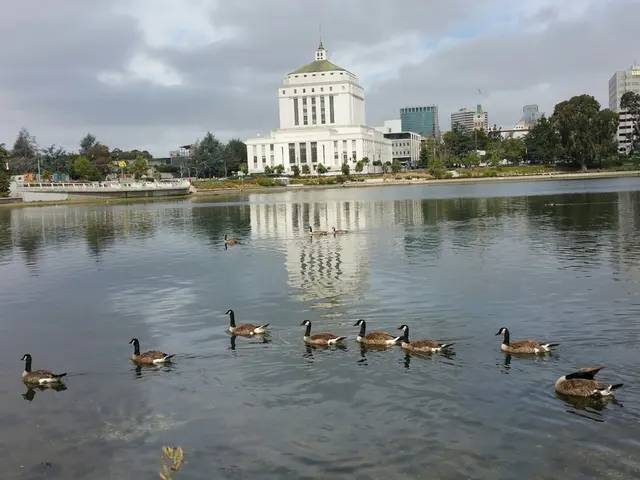Yasin Malik states that former Prime Minister Manmohan Singh thanked him for meeting with Hafiz Saeed in a private conversation.
In a series of events that have raised questions and sparked debate, Yasin Malik, a prominent Kashmiri separatist leader, has found himself at the centre of several allegations.
Malik, who faces accusations of killing four Indian Air Force officers and kidnapping Rubiya Saeed, has been a significant figure in India's outreach to Pakistan. If these claims are substantiated, they would shed light on the role of covert diplomacy and intelligence strategy in India's engagement with its neighbour.
However, Malik's involvement in backchannel negotiations has raised eyebrows, particularly given his past as a separatist leader and accusations of terrorism. Despite this, Malik was thanked by the former Prime Minister for his efforts, time, patience, and dedication, and was referred to as the 'father of non-violent movement in Kashmir.'
Malik's affidavit suggests that successive governments, including that of Manmohan Singh, engaged him to speak on the Kashmiri cause and participate in international forums. This engagement, however, has been met with criticism from the exiled Kashmiri Pandit community, who hold Malik responsible for the ethnic cleansing and exodus of their community from the region since 1990.
During his tenure, Malik had interactions with several senior political leaders, including Atal Bihari Vajpayee, Sonia Gandhi, P. Chidambaram, I. K. Gujral, and Rajesh Pilot. His meetings with the Indian Prime Minister were reportedly part of an officially sanctioned initiative.
After returning from Pakistan in 2006, Malik was instructed by then Special Director of Intelligence Bureau (IB), V.K. Joshi, to immediately brief the then Indian Prime Minister Manmohan Singh about his activities. Malik met Singh the same evening, along with National Security Advisor M.K. Narayanan. Singh personally thanked him for his efforts in the peace process.
Malik's controversial role in Indian politics and his alleged activities continue to be a topic of discussion, raising questions about the engagement of separatist leaders and individuals accused of terrorism in diplomatic negotiations.
Read also:
- United States tariffs pose a threat to India, necessitating the recruitment of adept negotiators or strategists, similar to those who had influenced Trump's decisions.
- Weekly happenings in the German Federal Parliament (Bundestag)
- Southwest region's most popular posts, accompanied by an inquiry:
- Discussion between Putin and Trump in Alaska could potentially overshadow Ukraine's concerns







